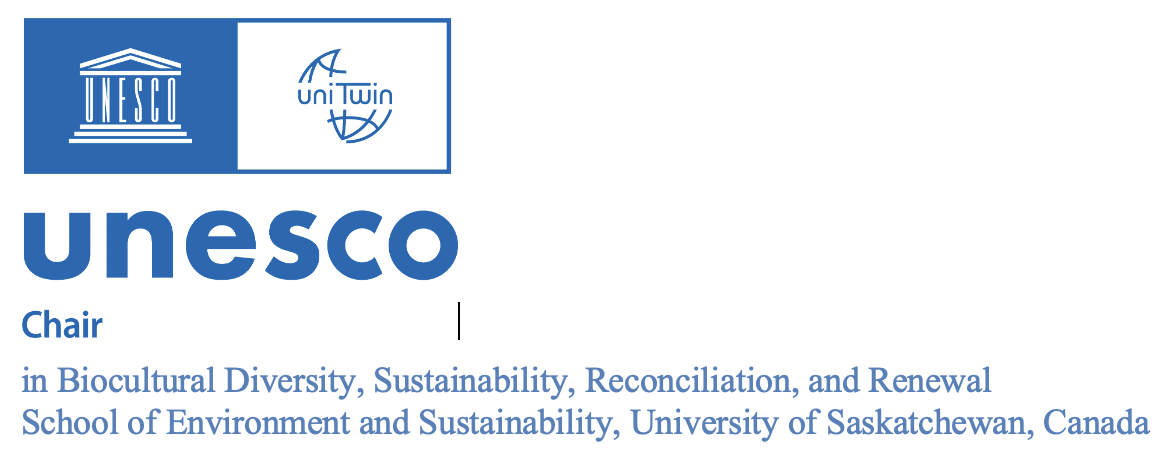The Chair
Through collaboration and common action, the Chair and partners are developing programs of knowledge co-creation and exchange that explicitly support biocultural diversity and sustainable development. These programs create avenues for reconciliation and the renewal of respectful and responsible relationships between Indigenous and non-Indigenous peoples and institutions.
The primary aim of the Chair is to promote biocultural diversity and sustainability through community-based, participatory research and knowledge exchange. With our community, NGOs, and university partners in Canada, Latin America, and South Africa, we will:
- Document and address the opportunities and challenges related to biocultural diversity, sustainability, and gender equality;
- Demonstrate innovations in sustainability adaptations, practices, and governance founded on knowledge co-production “that draws on the full range of scientific, traditional and Indigenous knowledge in a trans-disciplinary way” (UNESCO MAB Strategy 2015-2025); and
- Enhance mutual understanding and relations among partners and between elders and youth through knowledge co-production, sharing, learning, and education.
-
Enhanced training of students, early career researchers, and practitioners through the TRANSECTS Research Training Program (2022-2028). To know more about transects visit https://sens.usask.ca/transects/index.php
-
Knowledge mobilization of Chair Principles for Intercultural and International Community-engaged Research
-
Reinvigorating partnerships
-
Biocultural revitalization
-
Conservation with equity


